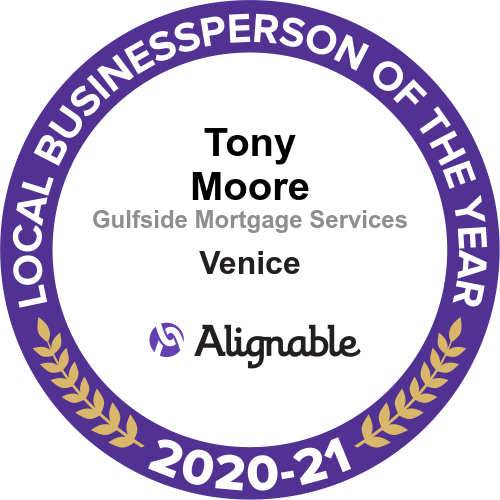How to Buy a Home as a First-Time Investor in Real Estate

Buying your first investment property is a major financial milestone—and while the goal may be long-term profit, it starts with making a smart, informed purchase. Whether you’re planning to rent the home out or build equity for future sales, a strategic approach will help you navigate the real estate market with more confidence and less stress.
Figure Out Your Investment Goals
Before you start house hunting, get clear on what you want from your investment. Are you seeking passive income through rent, long-term appreciation, or a property you plan to renovate and resell? Each goal requires a different strategy, financing plan, and timeline. Clarifying your objectives early on will guide your decision-making every step of the way.Secure the Right Mortgage Program
Financing plays a huge role in your success as a first-time investor. If you’ve found the right mortgage program to make your dream of homeownership a reality, what are you waiting for? One option for qualified first-time buyers is the Fannie Mae HomeReady Mortgage, which offers favorable terms—but it does require you to complete a homebuyer education course. These courses are accessible online, by phone, or in person, and they’re often free of charge.The course prepares you for real-life homeownership. You’ll learn how to shop for a home, how your credit impacts your options, and what it takes to maintain your investment—covering everything from insurance and taxes to long-term upkeep. After completing the course, you’ll receive a certificate and knowledge that can make you a more confident investor.
Pay Attention to the Market
Location is everything in real estate. As an investor, you’ll need to research not only neighborhoods but also economic and rental trends. Look at job growth, school quality, local amenities, and future development. Areas with strong rental demand and reasonable property prices tend to offer better long-term returns.Do the Math
Before making an offer, make sure to go over your finances thoroughly. Compare your potential rental income to all monthly expenses, including your mortgage payment, property taxes, insurance, utilities (if you’ll cover them), HOA fees (if applicable), maintenance costs, and an allowance for vacancies or repairs. Evaluate the property’s expected cash flow—what’s left after expenses—and estimate your return on investment (ROI). A deal might look good on paper, but the numbers will tell you whether it’s a smart investment or a financial risk.Work with Trusted Experts
Buying an investment property isn’t something you have to do alone. Partnering with mortgage professionals can make the process smoother. They’ll help you compare rates, understand your loan options, and secure favorable terms so you can invest with confidence. Having this guidance is especially valuable for first-time buyers.With the right preparation and support, your first investment property can be the start of something big. Real estate investing can help you build long-term wealth, generate income, and create opportunities for growth. But success takes in investment requires planning, research, and a willingness to learn. Take your time analyzing properties, understanding the local market, and reviewing financials. Ask questions, seek advice, and work with professionals like real estate agents and mortgage brokers. With the right team, you’ll move forward with confidence and clarity.
























